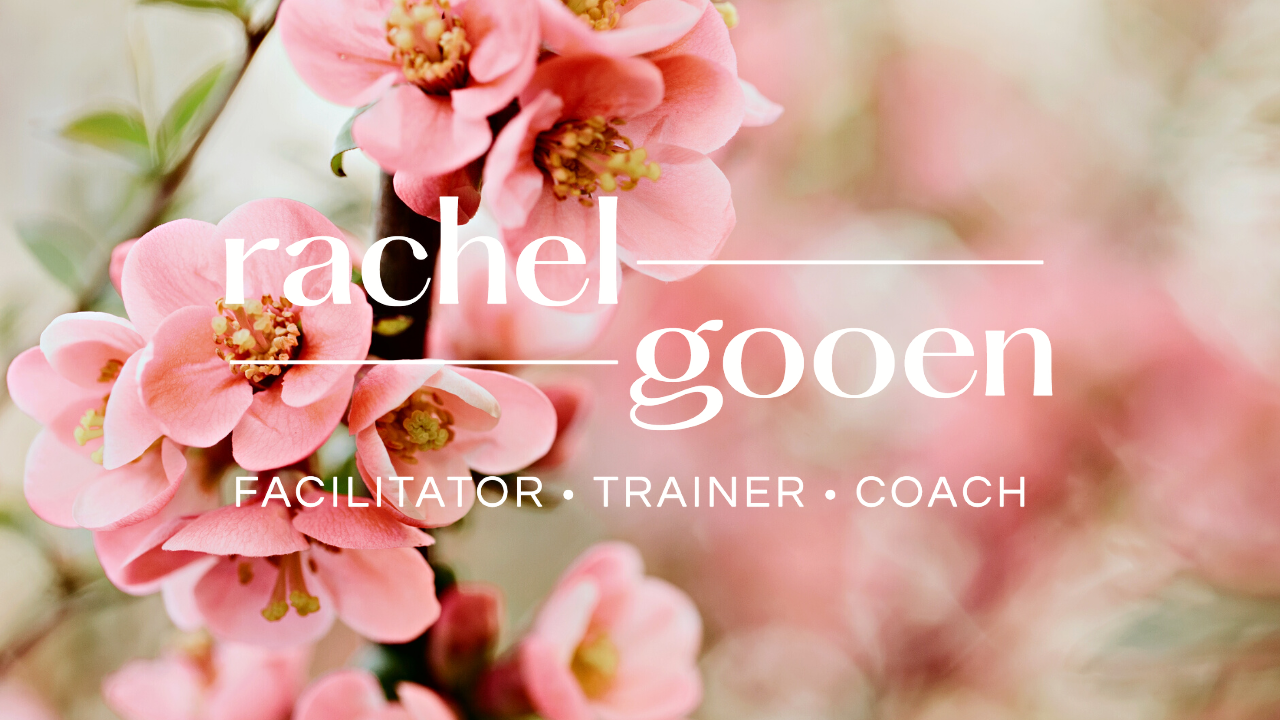Yes...your success depends on your relationship
The Craft of Facilitation Starts with Engagement
I often get asked to teach facilitation and I have led people through the “steps” and “process of facilitation.” Today I’d like to share something that many facilitators don’t talk about.
You are the tool.
Being a good facilitator of conversations means realizing that you, yourself are the “tool” that helps people converse. Being able to keenly notice what everyone in the room is feeling, thinking and then making an inventory of their reactions. Noticing the following:
Are participants understanding one another?
Reacting or responding to one another?
Are they able to listen to one another?
Or are they distant, distracted and focused only on delivering their own opinion, viewpoint or solution?
Can you notice how meeting members' comments and interactions with each other affect what you think and feel?
Is how you perceived these comments and interactions due to your own personal history and cognitive abilities?
Doing this helps you be unbiased and really serve the people you are facilitating.
To hone this skill, you can practice mind-focusing in many forms such as daily extended sitting meditations, shorter regular mindfulness check-ins and introspective activities like journaling.
Little by little, you can teach yourself to notice what you are thinking and feeling in the moment and then ask, “Why does this statement bring that to mind or make me feel this way?”
What others call insight, intuition or the ability to “read the room” becomes learning to “read” yourself first.
Taking Inventory
Taking inventory of myself taught me that we can easily misunderstand what people really mean when they say something. Many times people would say, “No…what I meant was this….”
Taking inventory requires enough strength and self-awareness to understand your feelings and be flexible enough to observe your mind and put aside your beliefs in how you perceive the situation.
When you hone this skill, you will be able to see when two people misunderstand each other or do not take the time to listen.
If you are feeling it . . . everyone is feeling it.
Facilitation can be Transformative
As one client, an Executive Director of a nonprofit, said:
“I think the biggest thing your coaching has helped me with is building my confidence. Your coaching has taught me to say, “What do you want your response to be? Who do you want to be on the other side of the response? What do you want the quality of the response to be so you can give it the response you want to make?”
"I've learned how to prioritize what I need to make this role better for me so I'll stay in it. I also learned how to use self-reflection and now I feel more confident with who I am in the organization and with myself as a leader. I think it is due to our conversations.”
Practice, Practice, Practice
Now that I’ve shared what I believe to be the secret sauce behind good facilitation, the next step for you is to practice, practice and practice all the time. Pause and take inventory. What am I feeling? What am I thinking? and practice your perceived understanding of the conversations by saying, “Is this what you mean? Or here’s how I understand what you said.”
How dos this goes for you.? How does “taking inventory” increases your facilitation skills?
-Rachel


